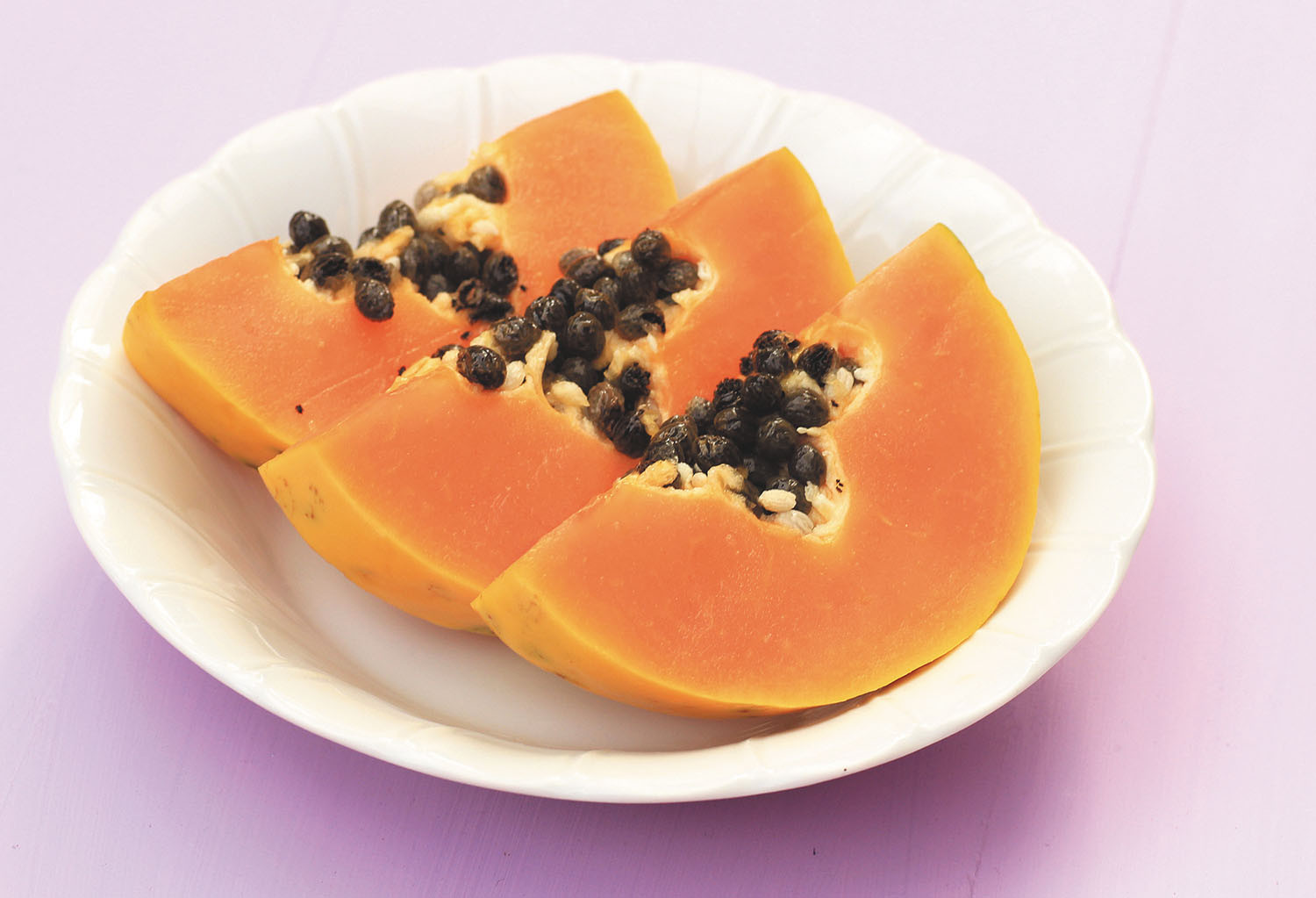
Trying to lose weight? Be careful not to lose muscle

Is your skin problem actually an autoimmune condition?

People with diabetes face higher risk of hearing loss

Antibiotic-free fixes for recurrent UTIs

Musculoskeletal syndrome of menopause: When menopause makes you ache all over

When can older women stop getting mammograms?

To lose weight, especially harmful belly fat, combine diet and exercise

Can men hold off on treating recurring prostate cancer?

The 7 types of rest and why we need them all

What are the early warning signs of cervical cancer?
Vitamins & Supplements Archive
Articles
Biotin supplements
Taking supplements that contain high levels of biotin (vitamin B7) can lead to falsely low or falsely high results on a troponin test, a blood test used to diagnose heart attacks.
Curcumin supplements might ease meal-related discomfort
A small randomized trial in 2023 found that taking two 250-mg capsules of curcumin four times a day was as effective at relieving dyspepsia symptoms as taking one daily 20-mg dose of the heartburn medication omeprazole (Prilosec, Zegerid).
The false promise of fish oil supplements
Despite statements like "promotes heart health" on the labels of fish oil supplements, multiple randomized trials show no evidence of heart-related benefits from using these products. In addition, manufacturing methods might make the products either useless or even harmful. The supplements do provide omega-3 fatty acids, but people can get these essential fats by eating two servings of fatty fish weekly or following a vegetarian diet rich in healthy oils, nuts, and seeds.
Immune boosts or busts? From IV drips and detoxes to superfoods
Ads for products that promise to supercharge the body's immune system make claims that sound too good to be true. But do these products actually work?
Is it okay to take multivitamins?
The general consensus is that healthy people who eat right need a vitamin or mineral supplement only if they have a diagnosed vitamin or mineral deficiency. Still, multivitamins may provide a safety net to fill dietary nutrition gaps even for people who mostly eat healthy. Studies have shown that taking multivitamins as prescribed usually doesn't cause any serious issues, and many over-the-counter brands are relatively inexpensive. Some people also view taking a daily multivitamin as another way to support a healthy lifestyle.
Will a multivitamin help my brain?
Increasing evidence suggests that people who take a daily multivitamin pill have a lower risk of cognitive decline compared with people who don't take multivitamins. In particular, two randomized controlled trials published in the spring of 2023 found that people older than age 60 who take a multivitamin are less likely to experience a slight age-related cognitive decline, at least over the next three years, compared to those taking a placebo. The benefit appeared to be particularly true for people who had cardiovascular disease.

Trying to lose weight? Be careful not to lose muscle

Is your skin problem actually an autoimmune condition?

People with diabetes face higher risk of hearing loss

Antibiotic-free fixes for recurrent UTIs

Musculoskeletal syndrome of menopause: When menopause makes you ache all over

When can older women stop getting mammograms?

To lose weight, especially harmful belly fat, combine diet and exercise

Can men hold off on treating recurring prostate cancer?

The 7 types of rest and why we need them all

What are the early warning signs of cervical cancer?
Free Healthbeat Signup
Get the latest in health news delivered to your inbox!
Sign Up











